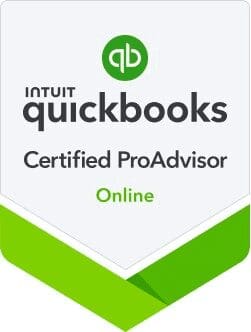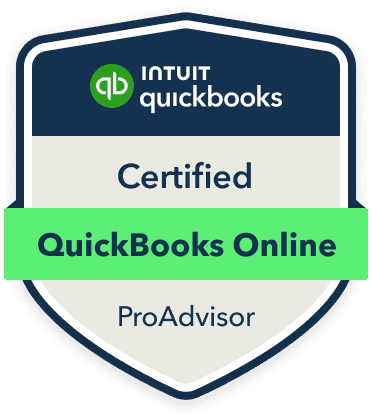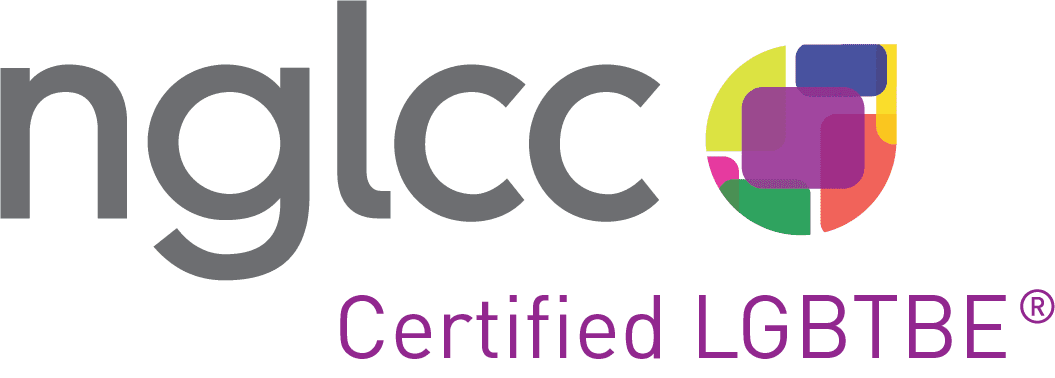Starting a new business in Reno can be exciting and challenging. As a beginner, understanding the basics of accounting is crucial to ensure your financial health and compliance with regulations. In this article, we provide essential accounting tips for beginners, tailored by a Reno accountant, to help you make informed decisions and streamline your finances.
Understanding Basic Accounting Terms with Insights from a Reno Accountant
To effectively manage your business finances, it's essential to familiarize yourself with basic accounting terms. A Reno accountant can help you understand key terms such as:
- Assets: Resources owned by your business that have economic value, such as cash, inventory, and equipment.
- Liabilities: Debts or obligations your business owes to others, like loans, accounts payable, and mortgages.
- Equity: The owner's interest in the business, calculated as assets minus liabilities.
- Revenue: The income generated from normal business operations, typically from sales of goods or services.
- Expenses: Costs incurred in the process of earning revenue, including rent, utilities, and salaries.
Understanding these terms will help you read and interpret financial statements, such as balance sheets and income statements, which are vital for making informed business decisions.
Setting Up an Efficient Accounting System: Tips from a Reno Accountant
An efficient accounting system is the backbone of any successful business. A Reno accountant can guide you through the steps to set up a robust accounting system:
- Choose the Right Accounting Method: Decide between cash basis and accrual basis accounting. Cash basis records transactions when cash is exchanged, while accrual basis records transactions when they are earned or incurred, providing a more accurate financial picture.
- Select Accounting Software: Invest in reliable accounting software like QuickBooks or Xero. These tools automate many accounting processes, reduce errors, and save time.
- Create a Chart of Accounts: A chart of accounts organizes all your financial transactions into categories. This structure helps in tracking income, expenses, assets, and liabilities efficiently.
- Set Up a Business Bank Account: Separate your personal and business finances by opening a dedicated business bank account. This separation simplifies tracking business expenses and income, making tax preparation easier.
By setting up an efficient accounting system, you can streamline your financial processes and focus more on growing your business.
Managing Business Expenses Wisely: Advice from a Reno Accountant
Managing business expenses is crucial for maintaining profitability and financial stability. Here are some tips to manage your expenses effectively:
- Track Every Expense: Use accounting software to record all business expenses accurately. This tracking helps in budgeting and identifying areas where you can cut costs.
- Create a Budget: Establish a budget that outlines expected income and expenses. Regularly compare actual expenses against the budget to identify variances and adjust accordingly.
- Review Expenses Regularly: Conduct monthly reviews of your expenses to ensure you are staying within your budget. Look for unnecessary expenses that can be reduced or eliminated.
- Negotiate with Suppliers: Regularly review contracts with suppliers and negotiate better terms to reduce costs. Building good relationships with suppliers can lead to discounts and better payment terms.
By managing expenses wisely, you can maximize your profits and ensure long-term financial health.
Planning for Taxes: Guidance from a Reno Accountant
Tax planning is an essential aspect of managing your business finances. Proper tax planning helps you minimize tax liability and avoid penalties. Here are some tax planning tips for beginners:
- Understand Your Tax Obligations: Research the types of taxes your business is required to pay, such as income tax, sales tax, and payroll tax. Understanding your tax obligations helps in timely compliance and avoiding penalties.
- Keep Accurate Records: Maintain detailed records of all income and expenses throughout the year. Accurate record-keeping simplifies tax filing and ensures you claim all eligible deductions.
- Take Advantage of Deductions: Familiarize yourself with common business deductions, such as office expenses, travel expenses, and depreciation. Consult a Reno accountant to ensure you are maximizing your deductions.
- Plan for Estimated Taxes: If your business is expected to owe more than $1,000 in taxes, you may need to pay estimated taxes quarterly. Planning for these payments prevents a large tax bill at year-end.
By planning for taxes effectively, you can reduce your tax burden and keep more of your hard-earned money.
Starting a new business in Reno is an exciting venture, but it comes with financial responsibilities. Understanding basic accounting terms, setting up an efficient accounting system, managing business expenses wisely, and planning for taxes are essential steps for beginners. For personalized accounting services and more detailed advice, contact Rought & Accounting. Subscribe to our newsletter for more financial insights and follow us on social media for real-time updates.




